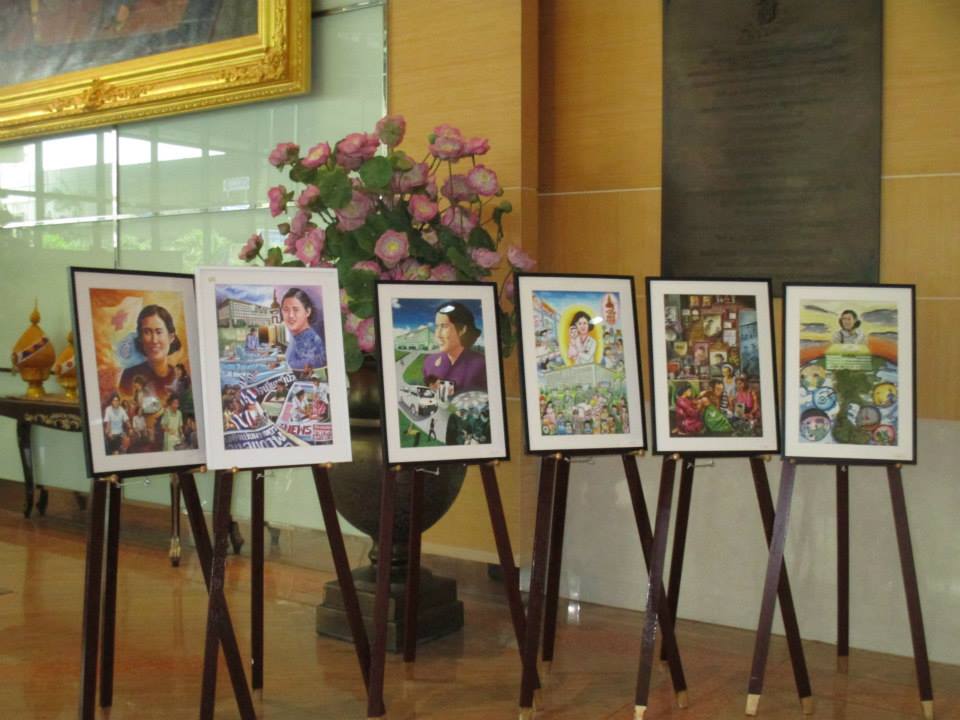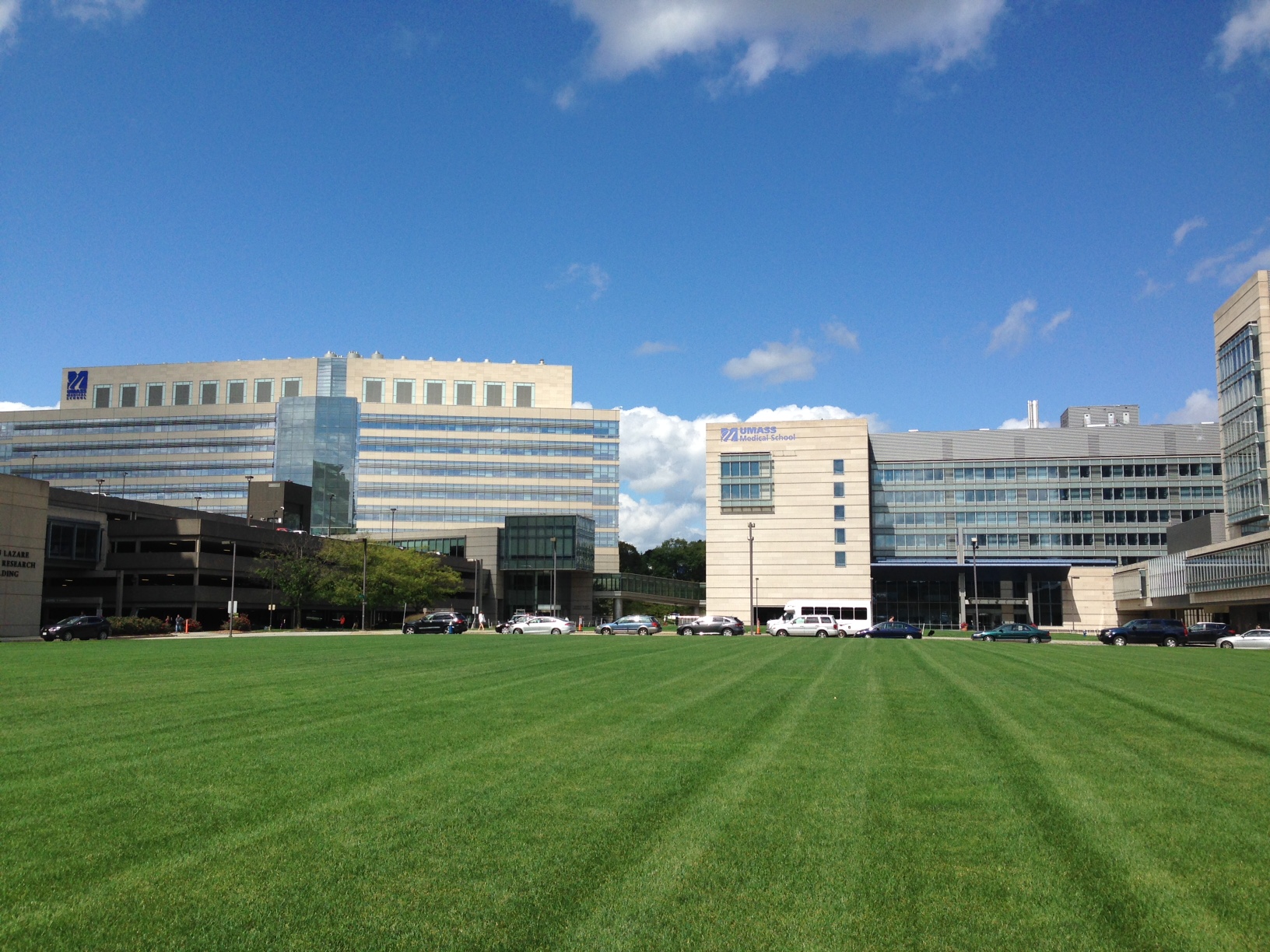- Project Leader : Banno Haruhiko (University of Massachusetts, Medical School)
- Collaborators : Sakamoto Ryota (Kyoto University, Center for Southeast Asian Studies)
- : Matsubayashi Kozo (Kyoto University, Center for Southeast Asian Studies)
- : Inoue Haruhisa (Kyoto University, Center for iPS Cell Research and Application)
- : Katsuno Masahisa (Nagoya University, Graduate School of Medicine)
- : Sobue Gen (Nagoya University, Graduate School of Medicine)
- : Duangnapa Roongpiboonsopit (Naresuan University, Faculty of Medicine)
- : Rawiphan Witoonpanich (Mahidol University, Faculty of Medicine)
- : Teeratorn Pulkes (Mahidol University, Faculty of Medicine)
- : Charungthai Dejthevaporn (Mahidol University, Faculty of Medicine)
Outline of Research
We will clarify the current status of treatment and care for neuromuscular diseases in Thailand. Through this process, we seek ways to effectively cooperate between countries in this field and discover future seeds of international collaboration between Thailand and Japan, with the help of inputs by researchers specializing area studies and field medicine at the Center for Southeast Asian Studies (CSEAS), Kyoto University. Our long-term goals include building an international study platform between Southeast Asian countries and Japan for future planning of treatment, care, and therapy development for intractable neuromuscular diseases in those countries.
Description
Neuromuscular diseases cause muscular weakness in affected patients that inevitably necessitates medical and social care for the patients. Medical and social care varies among areas, countries, and cultures, as the clinical environment is influenced by patient families, societies, and health policies.
As we can see in the cases of amyotrophic lateral sclerosis (ALS) and spinocerebellar atrophy (SCA), many neuromuscular diseases are rare in number, but are not treatable. Therapy development is awaited for these diseases. There is an increasing recognition of the importance of Asian clinical studies due to pharmacogenetic differences between Asian and Caucasian races. Thus Asian consortia for clinical studies and clinical trials are indispensable in the future. Multiregional studies that include gene analyses from multiple ethnic groups and international clinical trials recruiting many patients from many countries critical to investigate disease mechanisms and to find cures for these untreatable diseases.
In this study, we aim to describe the current status of treatment and care for neuromuscular diseases inThailand. We will compare treatment and care among Japan, the United States, and those countries, and identify specifc characteristics of treatment and care for neuromuscular diseases in Asia. We will start with Thailand, due to its high clinical level. We will conduct field research in rural Thailand and Bangkok to better understand the medical environment. Researchers specializing in area studies and field medicine at the Center for Southeast Asian Studies (CSEAS), researchers at Naresuan University in Phitsanulok, northern Thailand, and Mahidol University in Bangkok will assist in field research. Specifically, we will focus on the social care system, socioeconomic factors of families and care-givers, and patient perceptions of the diseases. Throughout the process, we will identify what hinders effective care and clinical research in the area. Our goal is to identify and suggest ideal care and treatment options for patients based on the area-specific context. In addition, we will seek ways to effectively cooperate between countries in this field and discover future seeds of international collaboration between Thailand and Japan. Given that the prevalence of the C9orf72 mutation in familial ALS patients is very different between Western and Asian countries, we also plan to conduct genetic analyses using samples from Southeast Asian countries. It is hoped that this may contribute new insights into the disease mechanism of ALS. In addition, as Mahidol University has a large patient cohort of SCA, we will discuss future collaboration.
 Lobby of Mahidol University Ramathibodi Hospital |
 University of Massachusetts School of Medicine |
